The Data Infrastructure for DeFi and Substrate
Download the Medifakt APP
Stay connected with the Medifakt ecosystem on the go. Track updates, manage your assets, and explore features seamlessly through our mobile application.
FAKT Official ERC-20 Contract is 0x0262E9374E95B9667B78136C3897Cb4e4Ef7f0c2
FAKT Official Polygon Network Contract is 0xCb64CdeB45deF1C513fd890E7E76a865baE46060
Medifakt
TechnologyMedifakt services three key stakeholders: patients, providers, and AI companies. The basis for Medifakt is a network for remotely storing and sharing medical imaging data. Typically, medical images are stored by providers or third party hosts such as telemedicine companies.








Read More
Internet of Medical things or IoMT is a branch of IoT in the Medical Industry through which telediagnostics, or remote diagnostic services are achievable.

With the decentralization of diagnostic services, there is an opportunity and a true need for a new kind of platform - one which focuses on trust, speed, and cost-efficiencies for patients and providers.

The use of blockchain for medical records provides significant security benefits that can serve to reduce data breaches as well as aid in sharing health care records between providers and patients.

The concept of telemedicine has evolved today due to the desire to provide care in a more efficient, cost effective and geographically disparate fashion.

Medical imaging is often cited as the fastest growing segment in the cost of delivering healthcare. Healthcare, overall as a discipline is reaching unsustainable levels of cost and methodologies to decrease cost are at the forefront of interest.

Artificial intelligence (AI) enables computers to learn and make decisions without being explicitly programmed. AI algorithms use statistics instead of neurons to analyze and compare patterns in data.
Sale Logistics
The MEDIFAKT token creation process will be issued by Medifakt. Ltd., a Estonia based company, and will be organized around smart contracts running on Ethereum
15% of the raise will be allocated and used to continue to grow the organization with qualified and experienced team members. Through our experience with other companies, we have the ability to source, identify, recruit and hire the optimal experts for our purpose.
25% of the raise will be allocated and used for the development team to further develop the Medifakt ecosystem. This includes developing new products, features, API integrations and continue to develop out blockchain application.
22.5% of the raise will be allocated for the development, curation, promotion and implementation of AI algorithms across the various applications and platform. This is a key component of our architecture.
Consumer Layer

An Electronic Health Record (EHR) is an electronic version of a patient's medical history, that is maintained by the provider over time, and may include all of the key administrative clinical data relevant to that persons care under a particular provider, including a patient’s medical history, diagnoses, medications, treatment plans, immunization dates, allergies, radiology images, laboratory and test results. EHR helps in access to evidence based tools that providers can use to make decisions about a patient’s care.

A patient-centric approach is a way healthcare systems can establish a partnership among practitioners, patients, and their families to align decisions with patients wants, needs, and preferences. Real patient centricity reflects a deep understanding of a person’s life and experiences with a health condition. It extends beyond the treatment, and consistently considers that perspective through the treatment experience.

The supply chain generally refers to the resources needed to deliver goods or services to a consumer. Healthcare supply chain management involves obtaining resources, managing supplies, delivering goods, services to providers and patients. Healthcare supply chain management is unique because each stakeholder has their own interests to protect.

Clinical data management (CDM) is the process of collecting and managing research data in accordance with regulatory standards to obtain quality information that is complete and error-free. The goal is to gather as much of such data for analysis as possible that adheres to federal, state, and local regulations. Clinical data management (CDM) is a critical process in clinical research, which leads to generation of high-quality, reliable, and statistically sound data from clinical trials. Clinical data management ensures collection, integration and availability of data at appropriate quality and cost.

Medical chatbots are AI-powered conversational solutions that help patients, insurance companies, and healthcare providers easily connect with each other. Chatbots, computer programs or smart algorithms conducting conversation via auditory or textual methods, are becoming more and more popular and widespread. Chatbots have the potential to revolutionize healthcare. Chatbots will be the first line of primary care.

Helping the insurance industry radically transform operations by enabling faster verifiable data exchanges, visibility for all parties, and transactions underpinned by pervasive security and trust.
Stay connected with the Medifakt ecosystem on the go. Track updates, manage your assets, and explore features seamlessly through our mobile application.





In response to emerging security concerns, our smart contract ecosystem has undergone a comprehensive update to fortify its defenses and ensure the integrity of transactions. The enhancements are a proactive measure to safeguard user assets and data in an ever-evolving digital landscape.
The updated smart contracts incorporate state-of-the-art cryptographic protocols and security best practices to mitigate potential vulnerabilities. This includes thorough code audits, implementation of secure coding standards, and the integration of the latest advancements in blockchain security technology.